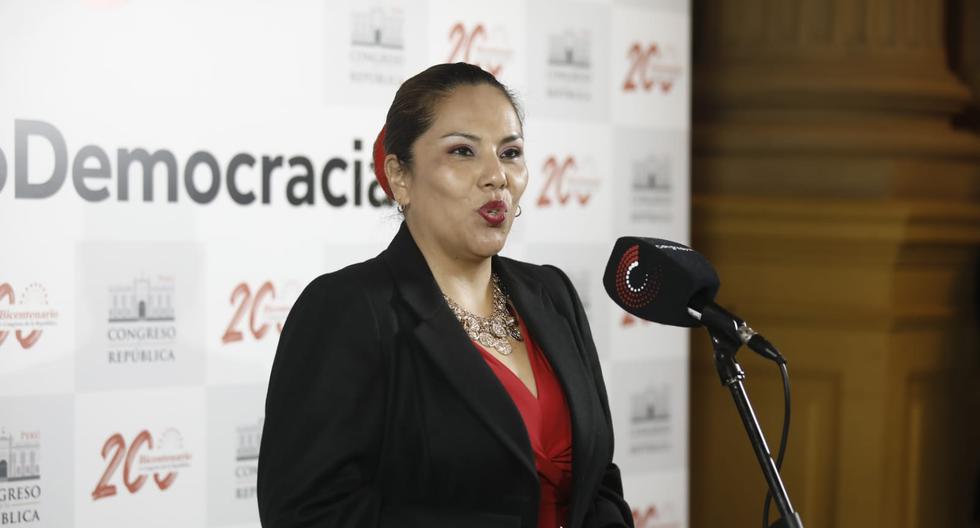The delay is due, according to the financial institution, to the covid-19 pandemic, which caused the largest increase in poverty since 1990, a trend that could be reinforced by the war in Ukraine, according to its annual report on poverty.
“At the current rate of global growth, there will be almost 600 million people in extreme poverty in 2030. And if we consider that growth continues to slow down, we could approach 700 million,” said the bank’s chief economist, Indermit Gill, at a conference. telephone press.
Some 70 million people fell into extreme poverty in 2020, says the World Bank, which estimates that nearly 720 million people were living on less than $2.15 a day at the end of that year.
During the pandemic, the incomes of the bottom 40%, often drawn from the informal economy in many countries, fell twice as much on average as those of the richest 20%, deepening inequalities.
“There has been a slowdown in poverty decline since 2014. Regardless, reduction targets have been achieved everywhere with the exception of Africa,” Gill stresses.
“Inflation, currency depreciations and overlapping crises” point to a bleak outlook, World Bank President David Malpass said in a statement.
Sub-Saharan Africa concentrates 60% of the poorest, that is, almost 390 million people, with a poverty rate of 35%.
To eliminate extreme poverty on the African continent by 2030, the World Bank estimates that 9% annual growth would be needed in each country in this region by the end of the decade, “a particularly high bar for countries whose GDP per capita growth it was on average 1.2% during the decade prior to the pandemic”, estimates the World Bank.
But if the standard of living of each country is taken into account, the poverty rate is higher and then “we find ourselves with half of the world’s population in a situation of poverty”, insists Indermit Gill.
“Investing in better health and education services will be crucial for developing economies in the next decade,” he added.
To reverse the trend, the institution calls on governments to better target aid to reserve it for the poorest, encourage investment in education, research and development, and consider taxation that takes more income into account.
Reducing poverty continues to be fundamental, the World Bank chief economist concluded, because “it allows countries to better resist climate change, reduces migratory flows (…) and allows the opening of new markets.”


















